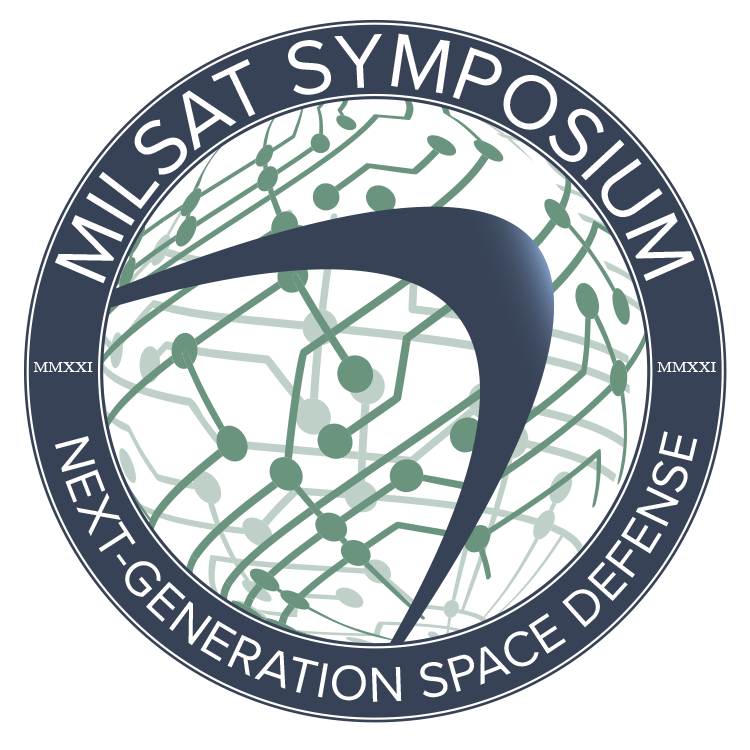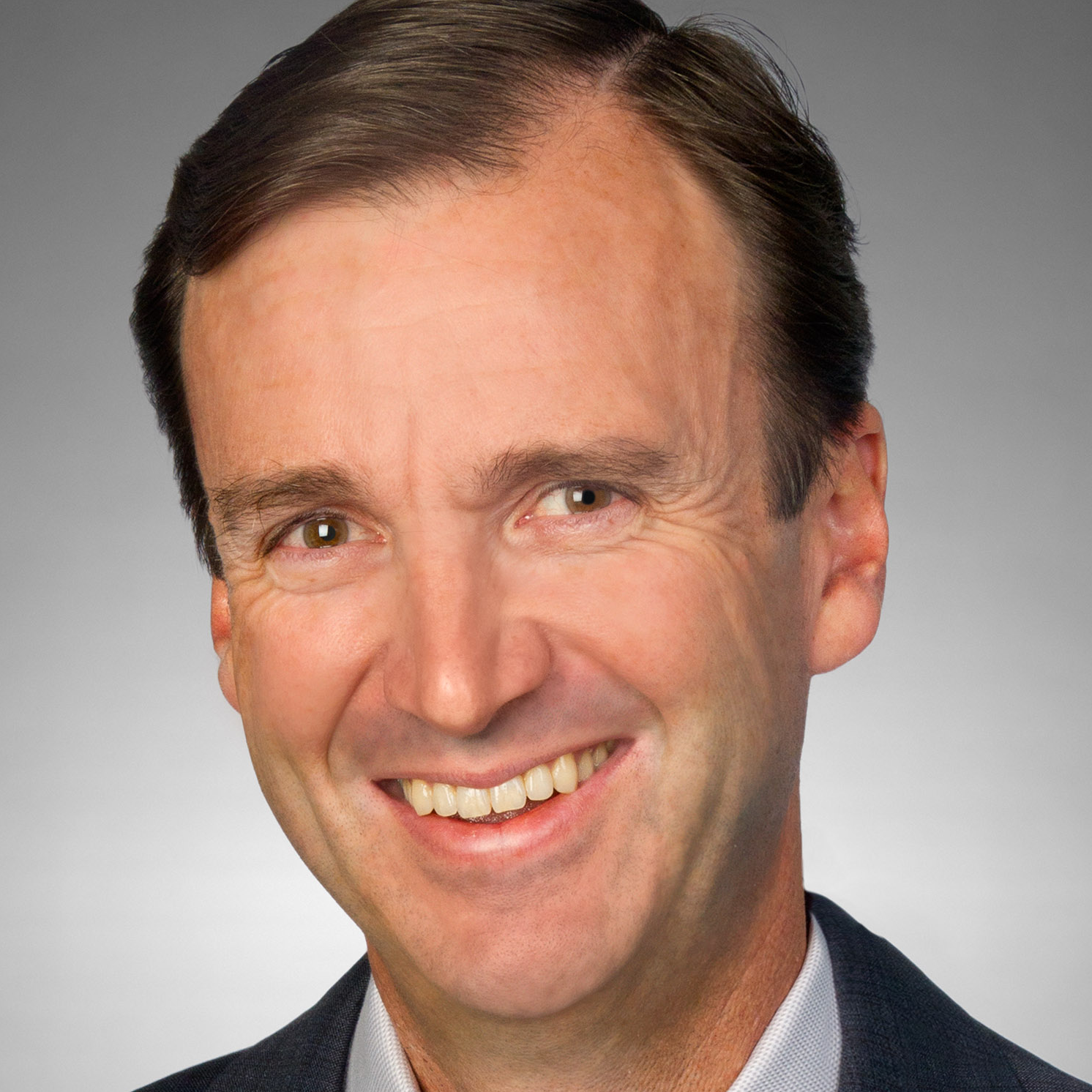

Join us in this discussion as we examine the current market trends and what strategies will deliver the most adaptable solutions for the launch of military satellites. More than 50 launch service providers are currently operational, or aiming to become operational, within the next five years. With the cost of launch likely to see significant reduction due to increased competition, what are the implications for new and legacy launch providers? Among the many new entrants into launch, what proposed technologies represent the most advantageous strategic advantage? (Reusability, additive manufacturing/customization, launch location, vehicle/payload size, launch cadence, propulsion to include alternative fuels, cost, etc
 Steve Kaufman
Steve Kaufman
A corporate partner and satellite practice co-head, Steve Kaufman uses industry knowledge and versatility to negotiate and close many types of deals globally.
For 18 of his 30 years at the firm, Steve served as outside general counsel for satellite clients, leading strategic joint ventures, “bet-the-company” contracts, financings, and M&A.
What Steve does best: understanding complex business issues and translating them into legal documents. If a client can describe something, Steve can draft it. Working from complicated to simple, he has many times reduced a lengthy contract into a few pages of bullet points, showing the client what it needs and how to obtain it. He has even written a business and financing model for parties in the form of an agreement. Many clients comment that the business guidance from Steve is as valuable as the legal advice.
Steve relies on his familiarity with issues common to satellite and communications companies to give him an edge in negotiations. This experience produces extra benefits when Steve deals with specialized satellite contract terms, targeted warranties, creative covenants, use of insurance to close gaps, license and spectrum issues, and even finance and accounting matters. According to Chambers Steve Kaufman is “a real authority and somebody who will always know the answer.”
In advising clients, Steve emphasizes practicality, striving to achieve the client’s business objectives for the transaction, whether economic, risk reduction, regulatory/compliance, or transaction speed. This carries over into deal management as well as negotiations, where he willingly takes the lead. Steve and satellite practice co-head Randy Segal are regulars at the satellite conferences, making connections among clients and even adverse parties. He is listed in Chambers, Super Lawyers, and Legal 500.
 Peter Beck
Peter Beck
Peter Beck is the founder and chief executive of Rocket Lab, the world’s leading dedicated small satellite launch provider. Rocket Lab provides end-to-end mission services, including complete satellite build and launch solutions, that provide rapid, frequent and reliable access to space. Rocket Lab has been launching since May 2017, delivering satellites to orbit for commercial and government customers, including DARPA, NASA, the United States Air Force and more.
Since founding the business in 2006, Peter has grown Rocket Lab to become a globally recognized industry leader in space and a billion-dollar company employing hundreds of world-class engineers. In addition to creating Electron, the world’s first fully carbon-fiber orbital launch vehicle, Peter also oversaw the development of the world’s first and only private orbital launch range, located on New Zealand’s Māhia Peninsula. He played a crucial role in establishing international treaties and legislation to enable orbital launch capability from New Zealand.
Under Peter’s guidance, Rocket Lab will launch thousands of small satellites to orbit, enabling vital science, research, and services from orbit including weather monitoring, communications, technology demonstrations, and Earth-observation.
 Josh Brost
Josh Brost
Josh is the Vice President of Business Development at Relativity Space. In this role, he leads all of Relativity’s Business Development and Customer Mission Management efforts. Prior to joining Relativity, Josh spent 9 years at SpaceX where he was the Senior Director of Government Business development in charge of all new US Government Business. Earlier is his career Josh also worked as a Consultant at the Boston Consulting Group and as an Aerospace Engineer at Boeing. Josh earned a Bachelor’s and a Master’s degree in Aerospace Engineering from Arizona State University and The University of Washington respectively and a Master’s in Business Administration from Harvard Business School.
 Stephen Eisele
Stephen Eisele
As Vice President of Business and Strategy at Virgin Orbit, Stephen Eisele is responsible for leading all sales and strategies around commercial and international business efforts, engaging with the civil, commercial and the new space small satellite community. Part of his initiatives includes initiating the Virgin “VIP” Program (or Virgin Interplanetary Program) for satellite missions to journey beyond LEO to GTO, the Moon, Mars and beyond. In addition, he has spearheaded Virgin Orbit’s international spaceport architecture, setting up spaceport partnerships around the world including in the UK, Japan, Italy and many more to be announced.
Prior to joining Virgin Orbit, Eisele served as a senior business development executive for Surrey Satellite Technology US, where he helped lead Surrey’s business growth opportunities through strategic partnerships, including OTB Missions.
Stephen previously served as Vice President of Space Services Inc, a commercial space holdings and investment company, where he managed multi-million dollar companies and start-ups; served as head of sales and marketing for Excalibur Almaz (EA), an international space exploration company created to provide routine, affordable access to and from space; and also worked as the Marketing Director for the X PRIZE Foundation’s Google Lunar Lander Challenge in 2007. Prior to working with entrepreneurial aerospace firms, Stephen worked as a senior analyst for DFI International (now Avascent Group) in Washington, DC, managing and researching numerous projects for Fortune 100 aerospace and defense firms.
Stephen holds a bachelor of arts in international studies from the Johns Hopkins University and a master of arts in international economics and strategic studies from the Johns Hopkins School of Advanced International Studies (SAIS) where he received the William C. Foster Award for “sound scholarship and a record of distinguished service and leadership.” He also holds a master’s certificate from the International Space University in space business.
 Chris Kemp
Chris Kemp
As Founder, Chairman and CEO, Chris leads the overall company strategy and direction for Astra. Chris previously served as CTO of NASA and founded OpenStack, an open-source cloud computing infrastructure software project that is one of the three most active open source projects in the world.
At NASA, he partnered with Google and Microsoft and helped create Google Moon and Mars (online maps that allow you to explore the planets) and worked with the White House to develop the cloud computing strategy for the government. Chris advises and serves as a board member at various tech companies.
 Mark Peller
Mark Peller
Mark Peller is the vice president of major development at United Launch Alliance (ULA), and in this position is responsible for development of Vulcan. Vulcan is ULA’s future launch system that builds upon the ULA’s extensive Atlas and Delta heritage to provide a competitive product offering to serve a broad spectrum of markets. As the program manager, Peller has overall responsibility for developing the launch vehicle and the supporting capabilities required across the supply chain as well as ULA’s production and launch operations to meet the program’s objectives.
Peller began his career with Rockwell International in 1990 as a propulsion engineer supporting the Space Shuttle program. He joined The Boeing Company in 1996 when it acquired the aerospace and defense businesses of Rockwell. Peller moved to the Delta program in 1997 and held various technical and program management positions throughout the development and initial fielding of the Delta IV launch system.
Peller continued his work on the Delta program at ULA after the company was formed in 2006. In 2009, he was appointed theproduct line chief engineer for Delta, where he had overall technical responsibility for the Delta II and Delta IV launch systems. During this period he oversaw 24 successful Delta launches, including the first launch of the Delta IV Heavy configuration from the West Coast. In 2013 Peller transitioned into the role of the director of the ULA Hardware Value Stream where he was responsible for managing the Evolved Expendable Launch Vehicle (EELV) contracts with the U.S. Air Force, and leading the product teams supporting launch vehicle development, procurement, and production.
Peller holds a Bachelor of Science degree in applied mechanics from the University of California, San Diego, a Master of Science degree in aerospace engineering from the University of Southern California and a Master of Business Administration degree from the University of California, Irvine. He is a licensed mechanical engineer in the state of California.